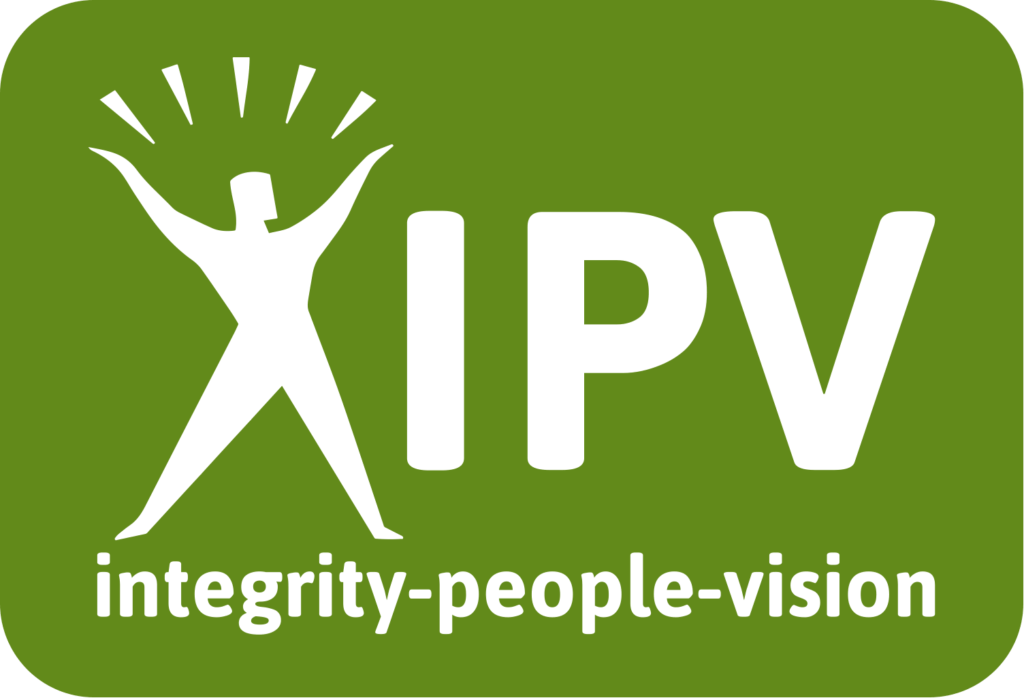Published
As you walk into a networking group, you scan the room to look for someone you know to reconnect and make a goal to meet at least 2 or 3 you do not know in an effort to expand your network. In so doing, you exchange words and business cards. The conversation leads you to a coffee appointment and over the conversation, you find you are impressed with them or feel you can help them in some way. Because it is always good to be a giver in business, you make an offer to connect them to someone or do something for them and perhaps they return the gesture. Excited and hopeful about your new connection, you shake hands and part ways.
What happens next is often predictable and may even seem trivial but every time it happens, believe it or not, it adds one more link to the chain of your rapport in the community. One of both of you will get wrapped up in the busyness of the everyday and soon forget about the offer you made to the other. Even with follow up, it seems that good intentions end up being just that, good intentions. I have had this experience more times than I can mention and even though I make a genuine effort to avoid this paradigm, I am certain I may have disappointed a few people myself.
Unfortunately, this scenario occurs with much larger agreements and commitments made where more than a connection was at stake in the game and the consequences can be catastrophic. Why do we live in a society where people are so quick to deliver lip service only? What has happened to integrity and ethics in the marketplace where reputation and honor were sought after above all things?
For the sake of argument on whether or not we think integrity and ethics are marketable, let’s look at some statistics:
In our own minds we can reason within ourselves that a simple offer is not to be taken seriously, after all, it’s just a connection, right? However, from my own experience, I have had some offers that, had they been followed through on, could have made a giant difference for me in my business pursuits. Obviously, success is not reliant on another, but only us to be accomplished. We cannot assume that it is anyone’s fault but our own if we do not push to make the connections we need to make in order reach our goals. This is not about blame but rather about how we want to be perceived by the community and our clients.
Let’s assume for a moment that you always do everything you say you will and you always follow through with every offer you make to another no matter how large or small it may be. What do you suppose others will perceive about you? Of course, this may or may not be realistic to you. But what if it was do able? What if you resolve to only make offers you know you can fulfill and write down each one to add to your task list? Consider, over the past 2 weeks what types of offers you have made and if you should have made them and how many did you actually fulfill.
Of course you can obtain success by dishonest gain and pushing your way to the top, but at what expense and how long will it last? A quote from my favorite book says, “Whatever a man sows, he shall also reap.” I have found this to be true in case after case. Statistics prove that integrity and good business ethics are the necessary foundations to achieving strong relationships of trust and loyalty. Anyone can “do business” but only a few will rise up as remarkable individuals with a legacy that makes others remember them as someone who always kept his/her word.






